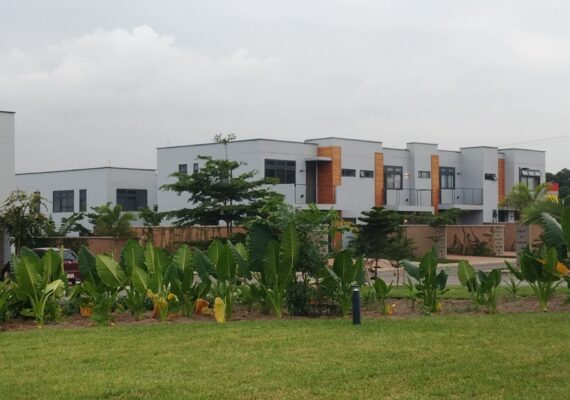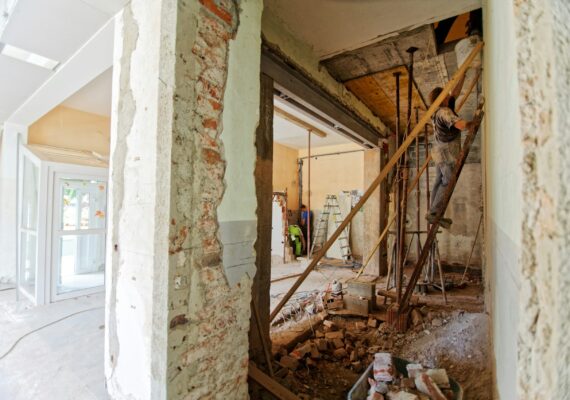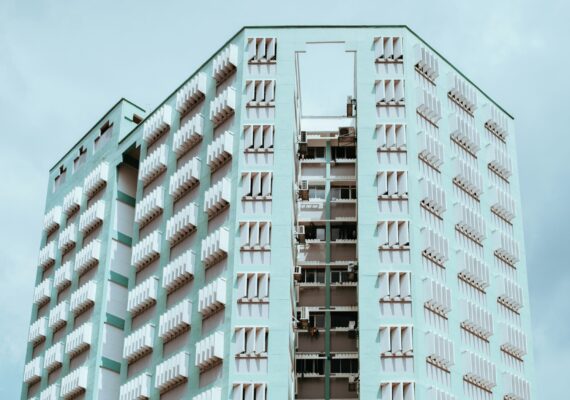Apartments in Accra appear to be one of the hottest property types on the list of many real estate investors. You can understand why.
Since land is a finite resource, the supply is limited in a rapidly growing city like Accra. With this rapid growth comes increasing demand for houses. That’s where apartments, especially mid-rise developments, serve as one way to house many households.
This demand has attracted millions of real estate dollars to construct these apartment units to provide housing in Accra. Many heavyweight property developers have joined the fray, pushing the boundary of multi-family property construction in Accra.
Other local developers have also developed housing units to serve the apartment market in Accra. And the cycle is set to continue in the short to medium term.
Whether you are a small-scale investor looking at a buy-to-let model, you can’t ignore the many risks associated with apartment investing.
Specifically, in the Ghanaian real estate space, here are some common risks you can expect to manage when you invest in apartments in Accra.
Pre-construction risks
Even before your project breaks ground, you have to navigate some risks.
For starters, financing costs in Ghana are some of the highest in the last decade. Equity financing would be great if you have the means.
But who doesn’t like the power of debt financing in real estate?
The cost of building materials (which affects the overall construction cost) deserves more attention. With the ever-worsening cedi-to-dollar exchange rate, the cost of cement, reinforcement, and tiles (most of which are imported) keeps rising.
This can easily lead to cost overruns and construction delays. And eventually, you may have to adjust the asking prices of your properties to meet your targets.
Price your homes too high, the market might react unfavorably. Keep prices the same, the numbers may not make economic sense.
You can’t overlook those risks.
Spiraling operating expenses
Utilities, property taxes, repair and maintenance costs, and insurance premiums could increase. And often, you can’t predict when they rise, and by how much.
Whether you manage those apartments in-house or outsource those duties, you can’t avoid these management costs.
And in many cases, these costs can easily add up, eating into your net operating income. Yes, you can handle those costs through service charges. But where they’re so high the service charges aren’t enough to meet those expenses, there’s trouble.
Also, where the service charges are too high, buyers/tenants could push back. That could lead to unhappy tenants (for rental properties), affecting how effectively you manage and maintain the properties.
Vacancies
You can’t ignore the threatening vacancy risks in the apartment investment space in Accra.
Increased supply.
Slow demand.
Local economic challenges. These are the three biggest drivers of vacancy, especially in the apartment rental market. But even if you’re building to sell, real estate isn’t the fastest-selling product on the market, and it’s not unusual to see sluggish sales numbers.
Many like-minded developers will always announce similar properties to yours, and with impeccable marketing, some of your potential clients will have their heads turned. You only need to look around some of the best neighborhoods in Accra for evidence. Competition is always an ever-present factor.
Of course, there’s only so much money to go after the many property units like yours, and that increased supply can affect demand for your apartment units. Then also, the challenging economic conditions in the country will always affect how fast your units fill up.
The longer the units remain unsold, the more trouble it spells for your investment. And that’s a real risk you must watch out for as you plan to invest in apartments in Accra.
Cover photo credit: Photo by Jason Dent on Unsplash




